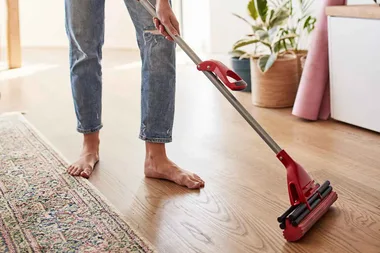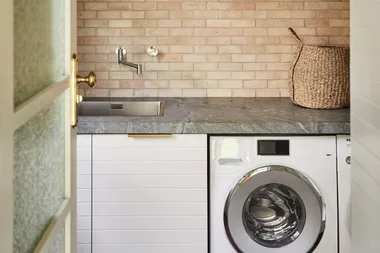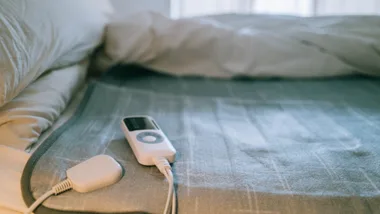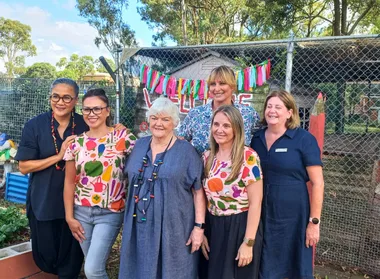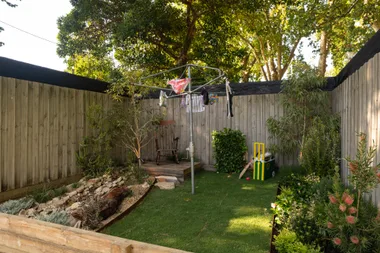Do you or someone else in your household have Covid? As the Omicron variant continues to spread across Australia, more and more Aussies are searching for the best way to treat the virus at home.
Looking for where you can buy rapid antigen tests (RATs) in Australia?
Looking for where you can buy N95 masks in Australia?
Here’s how you can manage the virus in your household.
Prepare a kit
Keep a supply of paracetamol, ibuprofen and throat lozenges. NSW health minister, Brad Hazzard, has said that most confirmed Covid cases can fight off the infection at home through rest, taking Panadol for pain relief or a fever, and drinking lots of fluids.
Journalist, Antoinette Lattouf shared the usefulness of an oximeter to measure your oxygen saturation in isolation after catching the virus herself. “It measures your oxygen. It sees how your lungs are operating and you put it on your finger… Whether you’re between 93 and 100. If you’re under that you should call triple zero.”
At home Covid essentials
- Paracetamol
- Ibuprofen
- Throat lozenges
- Hydralyte
- Oximeter
- Digital thermometer
When to seek medical help
General Practitioner, Dr Mariam Chaalan, said “For the healthy people that generally have mild symptoms there’s really no need to contact your GP.”
However, keep an eye out for specific symptoms of Covid that mean you must immediately seek medical assistance while managing the virus at home.
These include shortness of breath, loss of appetite, dizziness, confusion, persistent pain or pressure in the chest lasting more than 10 minutes or unable to stand. You should call Triple Zero (000) straight away and tell the ambulance staff that you have been diagnosed with COVID-19.
Australians who are pregnant, obese, diabetic, immunocompromised (including if you have cancer), suffer from chronic pain or struggle with a severe mental illness are encouraged to reach out to their GP for advice on managing their Covid diagnosis.
It’s important to continue taking any medications you have been prescribed, as usual. If you are unsure about taking your current medication or treatment, call your doctor.
What to avoid
People should steer clear and avoid coffee, alcohol, intensive exercise and strenuous activities.
How to keep others safe
While recovering at home, try staying isolated in one room as much as possible, open windows to keep the air circulating and avoid shared spaces. Regularly clean surfaces in your room and bathroom that have a lot of contact throughout the day with antibacterial sprays. Including, but not limited to light switches, electronics and counters. If possible, avoid common areas, sleep alone and use a separate bathroom if available to you.
You’ll also need to inform and tell people you’ve been in contact with that they need to monitor for symptoms.
Caring for someone with Covid
When caring for an infected person, it’s vital to wash your hands regularly and keep them away from your face as much as possible. Wear a face mask, clean often-touched areas and set aside bedding and utensils for the sick person to use only. Avoid direct contact with the person’s bodily fluids and replace masks or gloves used to give that person respiratory care.
You might also like:
Where to buy N95 masks in Australia
Where you can buy rapid antigen tests (RATs) in Australia
Why skipping is good for your health
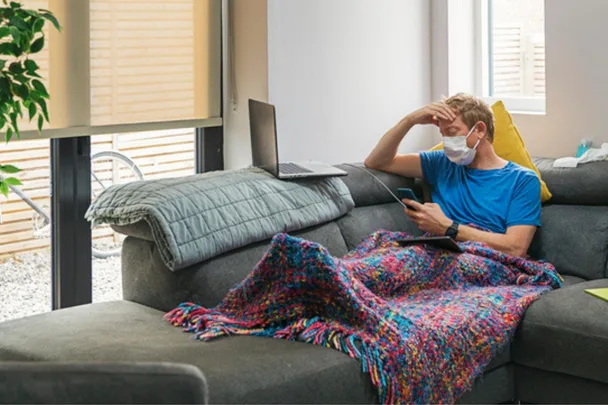 Getty
Getty
